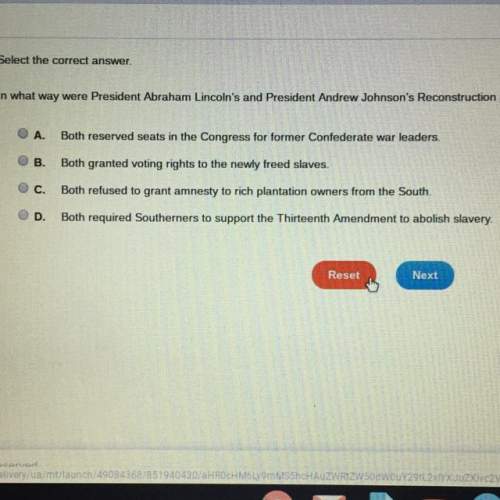
January 16th 1790
"...Putting aside priests, nobility, magistrates and financiers, it is clear that all the rest of the
kingdoms reaps infinite benefits from the revolution. And indeed, amongst those citizens whom I
have just listed there are a great number who should judge it advantageous to them, because in
truth it is. Thus the clergy of second degree and almost all provincial noblemen, who were
recently oppressed by bishops and court nobles, should consider themselves fortunate to be
relieved of this aristocracy.
Moreover, anyone who can for an instant put aside all private interest, cannot but bless this
revolution. When one thinks of the great abuses of all kinds which burdened this poor kingdom,
it seems obvious that only an upheaval of such intensity could achieve such an end. In any case,
one thing is certain - it would be difficult for things to be worse than they were under the
former regime.
I often hear people around me asking a very strange question: they enquire. What has the
assembly been doing for the last six months?' I only know of one reply to this question: "Look
and observe: clergy and nobility abolished, provincial privileges gone ecclesiastical property
nationalised. Could you have achieved so much in ten years?"
-Adrien Duquesnoy, a delegate to the Estates-General and later member of the National
Assembly, writes in his journal on the outcome of the revolution (1790).
QUESTION:
What is dupuesnoy saying in this passage? Is it reliable?

Answers: 1


Other questions on the subject: History


History, 21.06.2019 18:00, Arealbot
The congress shall have power to lay and collect taxes, duties, imposts and excises, to pay the debts and provide for the common defence and general welfare of the united states . .; to borrow money on the credit of the united states; to regulate commerce with foreign nations, and among the several states, and with the indian tribes. —constitution of the united states, article i, section 8 which of these are expressed powers granted by this part of article i, section 8? check all that apply. lay and collect taxes and duties pay debts regulate american indian groups regulate commerce within states borrow money regulate commerce with foreign nations
Answers: 3


History, 22.06.2019 05:40, amontes189
Which of the following was a typical tactic of nativists in the late 1900?
Answers: 1
You know the right answer?
January 16th 1790
"...Putting aside priests, nobility, magistrates and financiers, it is clear that...
Questions in other subjects:













